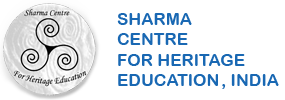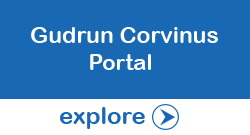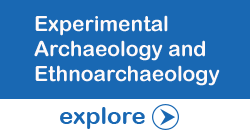Speakers:January 2021
Down Ancient Trails: About our Speakers
January 2021
Return to home page of Down Ancient Trails
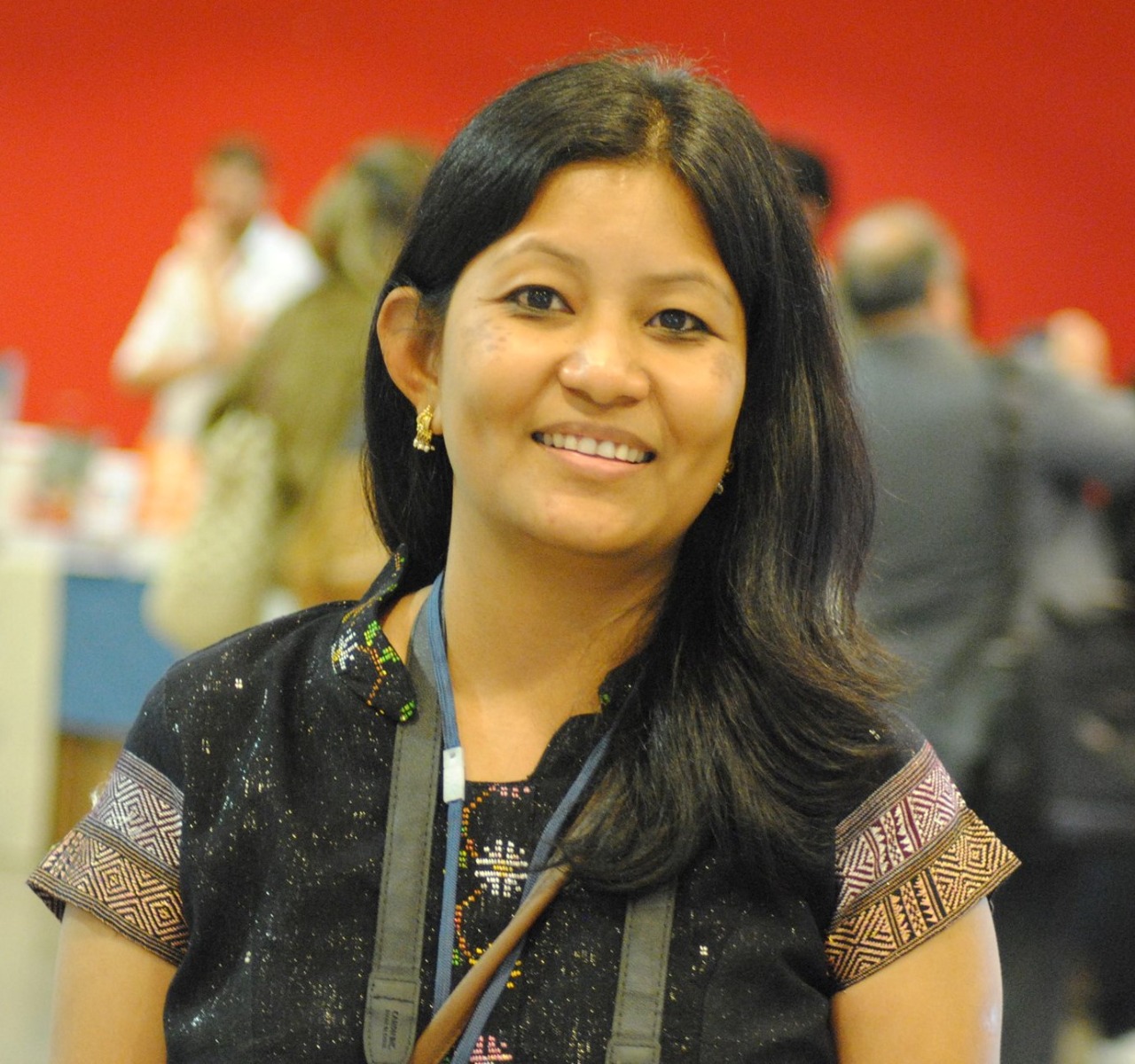 30th January, 2021, 5.00 pm (IST): Herd & Harvest series: Dr. Queenbala Marak, Associate Professor, Department of Anthropology, North-Eastern Hill University, Shillong, Meghalaya. Topic: Early Agriculture in Garo Hills: Clues from Ethnography.
30th January, 2021, 5.00 pm (IST): Herd & Harvest series: Dr. Queenbala Marak, Associate Professor, Department of Anthropology, North-Eastern Hill University, Shillong, Meghalaya. Topic: Early Agriculture in Garo Hills: Clues from Ethnography.
Abstract: The Garo Hills region is one of the most prolific areas in Northeast India in terms of archaeological sites and finds. Approximately 98% of the archaeological evidences are stone tools, while a minuscule number comprise of fragmented handmade pottery. The stone tools are varied in nature – in typology and technology – thus pointing towards its usage in different prehistoric cultural phases, which is however highly debated in academia. The Neolithic phase (which is accepted by all as being present in Garo Hills) comprises of typical celts of varied types and sub-types reported from majority of the sites, as well as pottery reported from 4 sites. However, the cultural reconstruction of the Neolithic is highly problematic and inadequate due to the absence of associated ecofacts in the region. In this backdrop, I shall be discussing early agriculture in Garo Hills taking clues from ethnography. I shall dwell on questions, such as: Where did agriculture first begin? What crops were first cultivated? How were the artifacts used and made? etc.
About: DR. QUEENBALA MARAK is an anthropologist who has worked extensively in Northeast Indian issues more specifically in the areas of prehistoric archaeology, cultural heritage, and food. She is a gold medallist and Best Graduate in BA (Anthropology) from Cotton College, and gold medallist in MA in Anthropology from Gauhati University. She has received a number of academic awards as well as UGC-JRF, ICSSR Post doctoral initiation award, and IIAS Associateship. She is a member of several advisory and governing bodies of government and private colleges in Meghalaya. She is also a member of editorial boards of several reputed national and international journals. Dr. Marak has written 2 books [Food Politics: An anthropological study of food, difference and identity of the Garos (2014); Misimagre: A factory site from Garo Hills, Meghalaya (2017)], edited 3 books [Doing auto-ethnography (2017); Megalithic traditions in Northeast India (2019); The Cultural Heritage of Meghalaya (2020)], over 50 research papers in peer-reviewed journals, and over 30 chapters in edited volumes. She has completed 7 research projects funded by National agencies. She currently works as Associate Professor in the Department of Anthropology, North-Eastern Hill University, Shillong, Meghalaya.
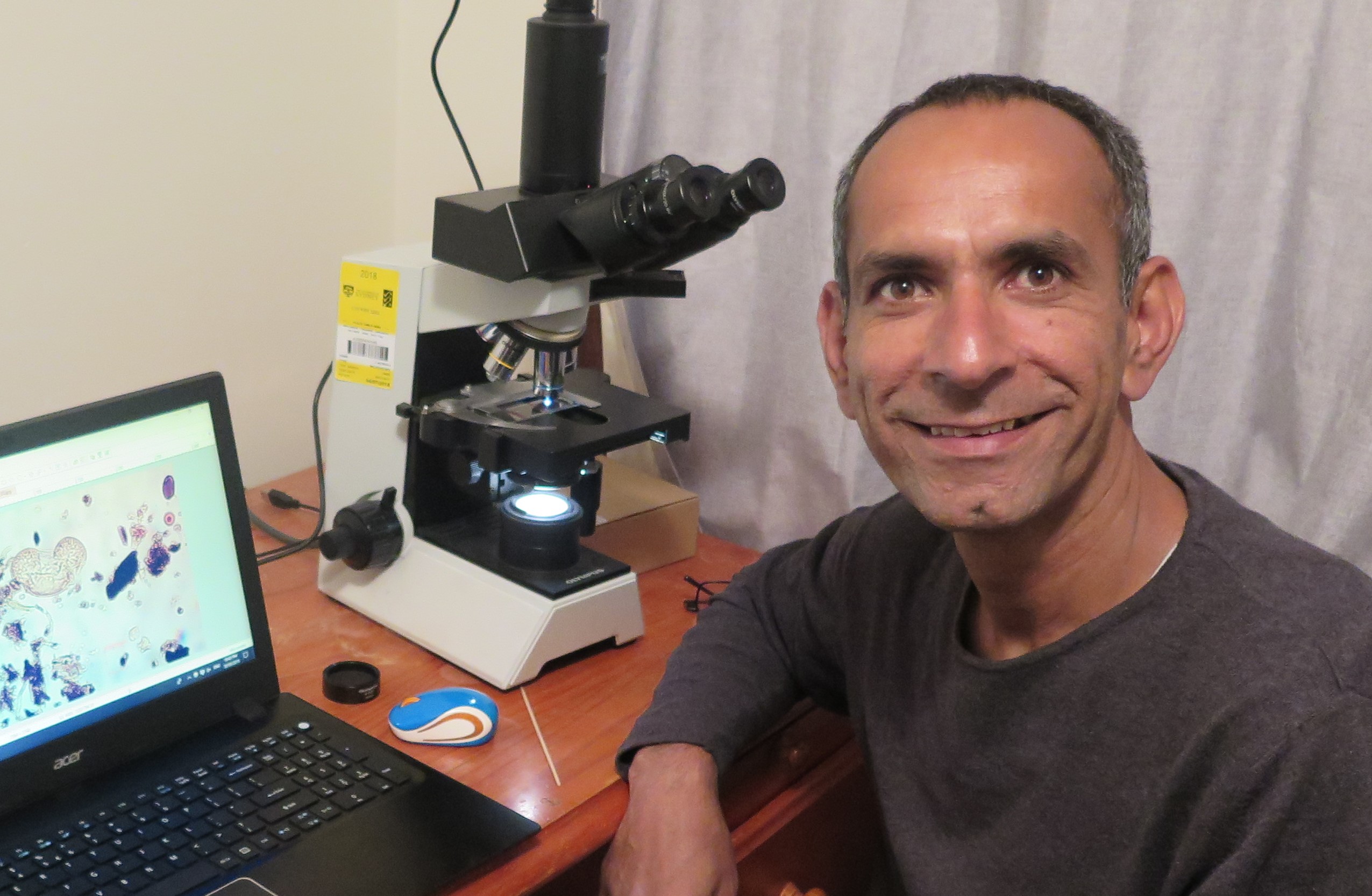 25th January, 2021, 6:30 PM (IST): Herd & Harvest series: Dr. Mumtaz Yatoo, Assistant Professor (Archaeology), Centre of Central Asian Studies. University of Kashmir. Topic: Reconstructing Subsistence Practises of Kashmiri Neolithic.
25th January, 2021, 6:30 PM (IST): Herd & Harvest series: Dr. Mumtaz Yatoo, Assistant Professor (Archaeology), Centre of Central Asian Studies. University of Kashmir. Topic: Reconstructing Subsistence Practises of Kashmiri Neolithic.
Abstract: The Kashmir Valley in the western Himalayas holds a large number of Neolithic sites that are part of a loosely affiliated group of prehistoric cultures occupying mountains and valleys in the north of the Indian subcontinent – the Northern Neolithic. These mountainous areas of western Himalayas including Inner Asia are now well established as a vector for the transmission of a number of crop plants between their centres of domestication in West and East Asia. The Northern Neolithic of the Kashmir Valley developed possibly as early as 5000 BP, with stronger evidence for agriculture based on wheat and barley established by 4500 years ago. In my talk I intend to discuss new evidence for directly dated West Asian wheat, barley and lentils as well as East Asian millets, indicating their presence in the Kashmir Valley as early as 4500 BP. This has allowed us to contextualise the development of the Neolithic in Kashmir against a growing number of recent studies on the spread of early dry-farming agricultural villages in the mountain zones of South Asia. The long term cultural and economic stability of the Northern Neolithic in Kashmir has allowed us to situate it as an important niche within a wider network of agriculturalist-pastoralist exchange taking place between the mountain zones and the settled areas of Inner Asia during the 3rd – 2nd millennia BCE.
About: Institutional Affiliation Address: Centre of Central Asian Studies, University of Kashmir Srinagar, Kashmir-190006
Academic Awards
- 2019 - Visiting Academic to School of Philosophical and Historical Inquiry, University of Sydney, Australia.
- 2007-2011 - Fellowship awarded by Ford Foundation International Fellowships Programme, New York for pursuing higher education (PhD).
- 2006 - Scholarship awarded by Indian Council of Historical Research, New Delhi for the MPhil Programme.
PhD from University of Leicester, United Kingdom, School of Archaeology and Ancient History. Funded by Ford Foundation International Fellowships Programme, New York Thesis title: Characterising material culture to determine settlement patterns in north west Kashmir.
MPhil from University of Kashmir, Srinagar, India, Centre of Central Asian Studies. Partially funded by Indian Council of Historical Research, New Delhi. Thesis title: Archaeological Explorations of Sopore and Bandipora Tehsils in District Baramulla.
MA from Hemwati Nandan Bahuguna Garhwal Central University, Uttarakhand, School of Ancient Indian History, culture and Archaeology
Projects
- Principal Investigator - Kashmir Prehistory Project, Stage 1, (KPP-1) 2014-2016 – “The Neolithic Kashmir”, Funded by Department of Archaeology, School of Philosophical and Historical Enquiry, University of Sydney, Australia and Carlyle Greenwell Research.
- Principal Investigator - Kashmir Prehistory Project, Stage 2 (KPP-2) 2016-2018, - “Kashmir Prehistoric Project (KPP-Stage 2) - Reconstruction of Past Vegetation Communities Through Pollen Microfossil and Microcharcoal”, Funded by Department of Archaeology, School of Philosophical and Historical Enquiry, University of Sydney, Australia and Carlyle Greenwell Research.
- Collaborator – ‘Archaeological Study of Migration Routes' with Institute of Archaeology and Ethenogrpahy, Siberian Branch of Russian academy of Sciences, Russia 2015-2017, funded by Gerda Henkel Foundation, Germany.
- Collaborator - Archaeological Exploration of Prehistoric Neolithic Sites around Bomai, Sopore, District Baramulla, 2017, Funded by University of Kashmir.
- Collaborator - Systematic archaeological Exploration to collect the information about Australopithecines in Jammu, J & K, 2018, funded by CCSA, University of Kashmir, Srinagar.
- Collaborator - Archaeological Excavations at Ahan, Ganderbal -2017, funded by CCAS, University of Kashmir, Srinagar.
Projects in Progress:
- Principal Investigator - Kashmir Prehistory Project, Stage 3 (KPP-3) 2019-2022, - “Prehistoric Mining and Metallurgy in Kashmir”, Funded by Department of Archaeology, School of Philosophical and Historical Enquiry, University of Sydney, Australia.
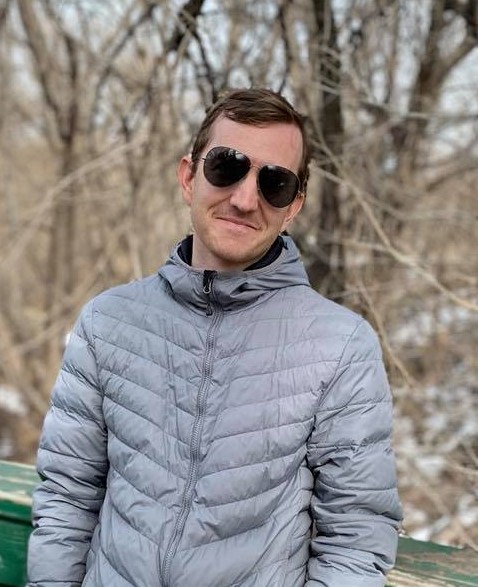 18th January, 2021, 8.30 pm (IST): Dr. Colin Wren, Assistant Professor of Archaeology at University of Colorado Colorado Springs. Topic: Agent-based modelling human responses to climatic change at the Last Glacial Maximum
18th January, 2021, 8.30 pm (IST): Dr. Colin Wren, Assistant Professor of Archaeology at University of Colorado Colorado Springs. Topic: Agent-based modelling human responses to climatic change at the Last Glacial Maximum
Abstract:The dynamics between past people and their environments form a complex system of interaction which is challenging for archaeologists to disentangle. Foraging patterns, population movements, inter-group interactions, and demography are all tied together with spatial and temporal patterns of climatic and ecological change. Computational approaches to archaeology, such as agent-based modelling, provide a methodology for examining these complex systems. In an agent-based model, we can reconstruct the dynamics of a human-environmental system and experiment with causes and effects. I will explain the basis of the agent-based modelling approach and then demonstrate its potential through a case study of human mobility and population dynamics in Western Europe during the Last Glacial Maximum (ca. 20 kya).
About: Dr. Colin Wren is an Assistant Professor of Archaeology at University of Colorado Colorado Springs. He specializes in computational approaches to Palaeolithic archaeology including the use of agent-based modelling, geographic information systems, and other quantitative methodologies. His research looks at human-environment interactions, including models of foraging and mobility in Middle Stone Age South Africa and Last Glacial Maximum Western Europe.
